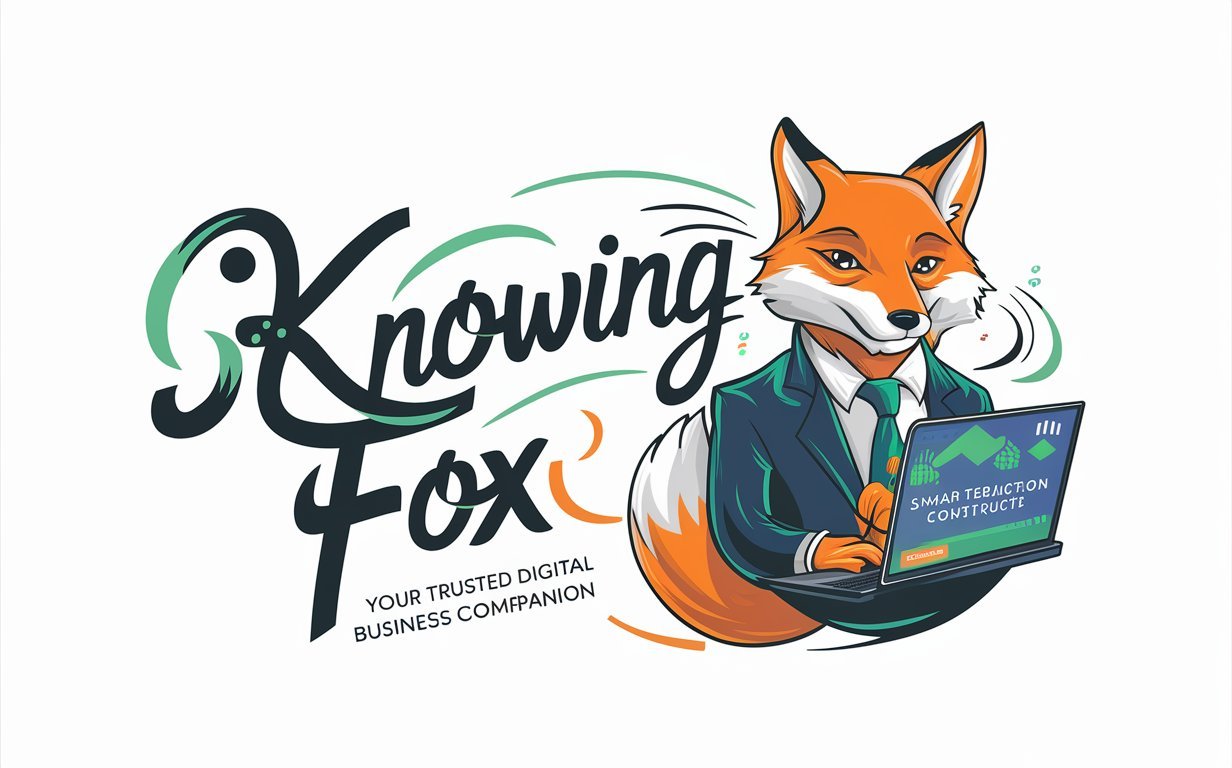Digital marketing has revolutionized how businesses interact with their customers. Utilizing the internet and digital technologies, it offers a dynamic approach to reach and engage a global audience. The growth of digital marketing has been driven by the widespread adoption of smartphones, the internet, and social media, making it a crucial component for businesses of all sizes.
What is Digital Marketing?
Digital marketing encompasses all marketing efforts that use an electronic device or the internet. Businesses leverage digital channels such as search engines, social media, email, and websites to connect with current and prospective customers.
Importance of Digital Marketing
Digital marketing is essential in today’s business environment because it:
- Expands reach to a global audience.
- Allows precise targeting and personalization.
- Provides measurable and real-time results.
- Is cost-effective compared to traditional marketing.
Types of Digital Marketing
1. Search Engine Optimization (SEO)
SEO is the practice of optimizing a website to rank higher in search engine results pages (SERPs) to increase organic traffic. It involves on-page SEO (content and HTML source code) and off-page SEO (backlinks).
2. Content Marketing
Content marketing focuses on creating and distributing valuable, relevant content to attract and retain a clearly defined audience. This includes blog posts, articles, videos, infographics, and eBooks.
3. Social Media Marketing
Social media marketing uses platforms like Facebook, Twitter, Instagram, LinkedIn, and Pinterest to promote products or services, engage with customers, and build brand awareness.
4. Pay-Per-Click (PPC) Advertising
PPC is an online advertising model where advertisers pay each time a user clicks on their ad. Google Ads and Facebook Ads are popular PPC platforms.
5. Affiliate Marketing
Affiliate marketing involves partnering with external websites or influencers to promote products or services. Affiliates earn a commission for each sale generated through their referral.
6. Email Marketing
Email marketing is the use of email to promote products or services while developing relationships with potential and current customers. It includes newsletters, promotional campaigns, and personalized email sequences.
7. Influencer Marketing
Influencer marketing leverages individuals with a large social media following to promote products or services. Influencers create content that endorses the brand, reaching a broader audience.

8. Mobile Marketing
Mobile marketing targets users on smartphones and tablets through SMS, MMS, in-app advertising, and mobile websites.
9. Video Marketing
Video marketing involves using videos to promote and market products or services, increase engagement on digital and social channels, and educate consumers.
10. Online PR
Online PR is the practice of securing earned online coverage with digital publications, blogs, and other content-based websites. It’s similar to traditional PR but in the digital space.
Benefits of Digital Marketing
- Wider Reach: Access a global market.
- Cost-Effective: Lower cost than traditional marketing.
- Measurable Results: Track and measure campaigns in real-time.
- Targeted Advertising: Reach specific audiences with tailored messages.
- Enhanced Engagement: Engage with customers through interactive content.
Challenges of Digital Marketing
- High Competition: Crowded digital landscape requires innovative strategies.
- Constant Evolution: Rapid changes in technology and trends.
- Data Privacy: Ensuring compliance with data protection regulations.
- Content Saturation: Standing out in an oversaturated content market.
- Technical Issues: Technical knowledge required for effective implementation.
Latest Innovations in Digital Marketing
- Artificial Intelligence (AI): AI is used for chatbots, personalized recommendations, and predictive analysis.
- Voice Search Optimization: Optimizing content for voice search due to the rise of smart speakers.
- Augmented Reality (AR): Enhances user experience with interactive elements.
- Blockchain: Increasing transparency and security in digital advertising.
- Programmatic Advertising: Automated buying and selling of online advertising.
Future Prospects of Digital Marketing
The future of digital marketing lies in continued technological advancements and increasing personalization. Trends include:
- Increased Use of AI and Machine Learning: For predictive analytics and customer service.
- Greater Emphasis on Personalization: Customized user experiences.
- Rise of Visual and Voice Search: Enhanced search capabilities.
- Integration of AR and VR: For immersive marketing experiences.
- Sustainability Focus: Environmentally conscious marketing strategies.
Comparative Analysis: Digital Marketing vs. Traditional Marketing
- Reach: Digital marketing has a global reach, while traditional marketing is limited to local or regional.
- Cost: Digital marketing is generally more cost-effective.
- Interactivity: Digital marketing allows for direct interaction with the audience.
- Measurability: Digital campaigns offer precise metrics and analytics.





